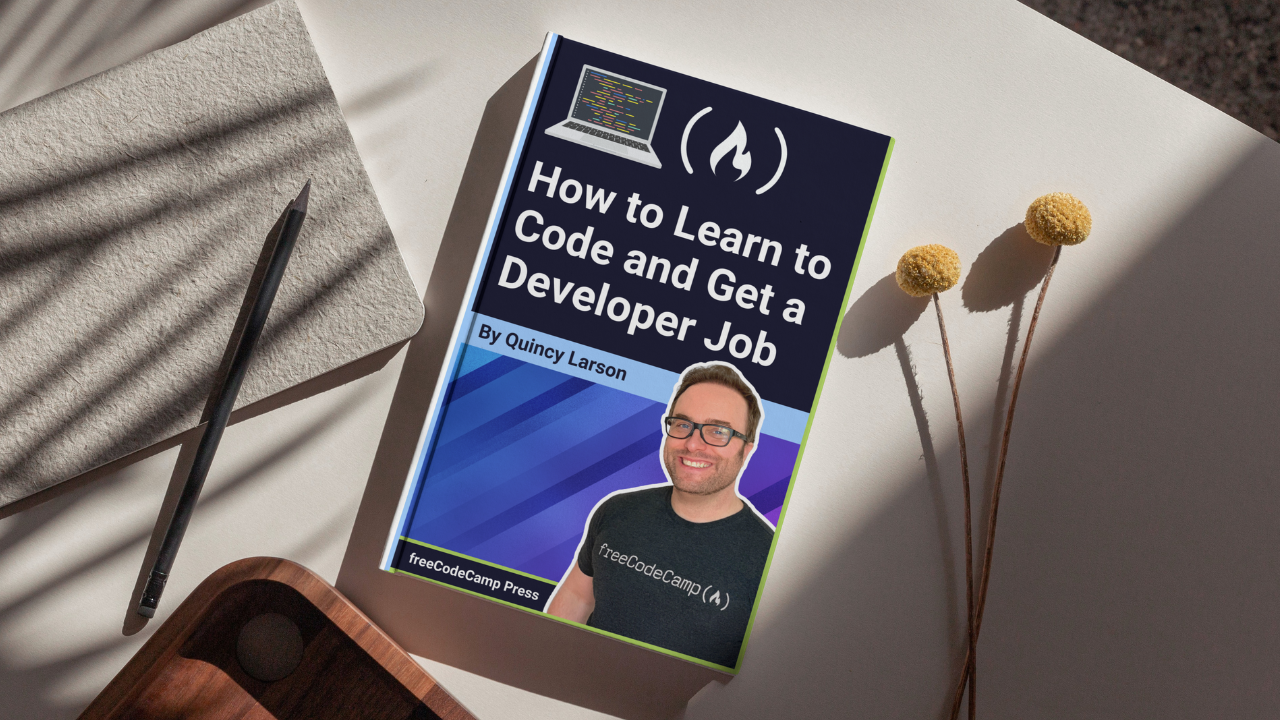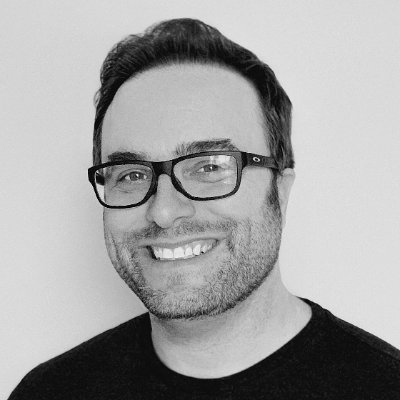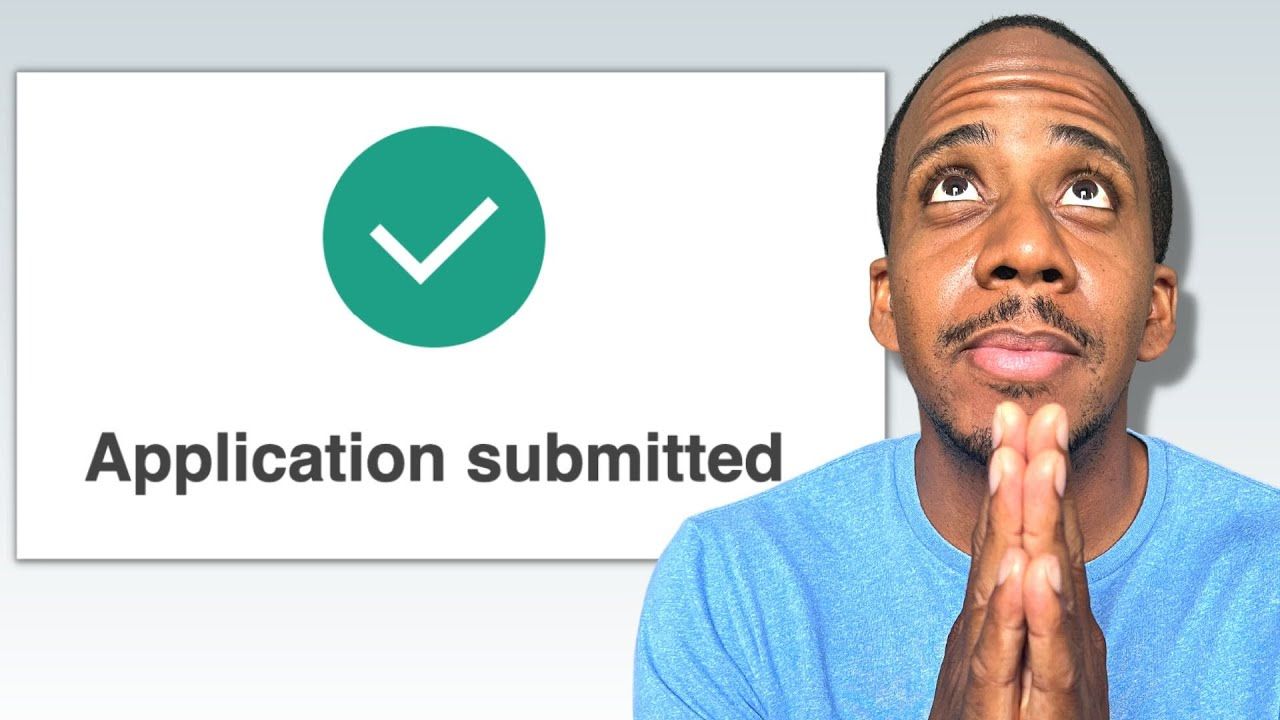This morning while I was eating breakfast, I opened YouTube and saw a video by self-taught developer Brian Cache:
"The FASTEST Way to Learn to Code and ACTUALLY Get a Developer Job" (Capital letter emphasis is his own. The video is an 11 minute watch):
I love watching these types of videos because:
- They're inspiring, especially when they're coming from someone who's sharing their own hard-won advice.
- I often get exposure to new approaches and new ways of thinking that hadn't yet occurred to me.
Brian's video did not disappoint. He shared some quick background on his journey:
"From the day I started learning how to code, it took me about a year to get my first job. This was without a computer science degree or going to any boot camps. Even though I eventually got my first job, I made a lot of mistakes along the way that slowed my progress from being a beginner at coding to actually being employable. "
And then he immediately lunged into sharing his insights on the learn-to-code process.
After doing a bunch of paid courses, he threw them out and just dove head-long into the core freeCodeCamp curriculum, and he says it was there where he really started getting his gains.
"I paid for courses that actually confused me more than they helped me. I watched so many YouTube videos and memorized so many concepts that didn't actually give me any value. If I could go back, I would do a lot of things differently to cut down my time to learn, which would then cut down my time to be able to get a job a lot faster. So that's what I'm going to explain in this video: the simplest way and the quickest way to learn how to code so you can try to get a job as soon as possible."
He outlines several steps toward learning to code, starting with picking a programming language to focus on:
"Decide on the language that you want to focus on, a language that you'll stick with, and preferably a language that's pretty versatile. It's a good idea to focus on languages that have back-end applications and front-end applications. If they have applications outside of the typical web development roles, that's even better."
Brian recommend starting with JavaScript or Python because they're "flexible languages that have many different applications, from web development, software development, machine learning, platform development, data science, and back-end development" and have lots of job openings.
He recommends building projects – specifically, the kind of guided projects with test suites that form the basis of the core freeCodeCamp curriculum.
"You've heard it before that the only way to learn how to code is to code. With FreeCodeCamp you're learning concepts from a very basic level, and the more you progress through the course, the concepts start to build on each other, and you start to see how everything works together as a whole."
He urges learners to fight the temptation to rush, and to take time to really understand concepts. This also means building projects from plain-vanilla Python or JavaScript without using frameworks, so you can understand how these projects really work before breaking out the power tools: libraries and frameworks.
He recommends coding your own personal website with your portfolio for practice, and to demonstrate your skills.
He also emphasizes the importance of a well-formatted, keyword-rich résumé. This can can help you get through Applicant Tracking Systems lots of HR departments use.
One tip he mentions that I'd never considered: don't use the "easy apply" options on sites like LinkedIn or Glassdoor. He said he used to use these early on in his job search but suspects that his response rate from employers was much lower as a result.
Here is some excellent advice from Brian, which I'll quote in full:
"If you've built some projects, you have your GitHub ready, and you have a good resume, you should start to receive some phone calls. Now, as you start to receive these phone calls, you want to focus on your soft skills.
If you can really tap into your soft skills, it'll start to open up a lot more doors for you compared to someone that just knows everything technically but they have no personality, they have no drive, they have no passion for anything, and they think that just because they know how to code, that they deserve a six-figure job.
So an easy way to think about soft skills is just getting the interviewer to see you as a part of their team. So loosen up and relax, answer the questions the best you can, throw some jokes in there here and there, but really just be friendly. Smile and be happy when you talk to these people because if you talk to a recruiter, these are some of the most high-energy people that are working in that company, and they love to see that you have that same type of energy and positivity as well."
Above all, Brian emphasizes persistence in your skill development and your job search. "You will get to a point where you are employable, and you will find a job for you as long as you don't quit too soon."
I agree with Brian here 100%. I was not expecting to be nodding along the entire time I was watching this video, but that's precisely what I did as I got my kids dressed and out the door for the walk to school.
I am looking forward to watching more of his videos and learning more about how he approached learning to code and getting a developer job. If you dig his video, subscribe to his channel and check out some of his other videos.

And if you want even more advice on this topic from me personally, I published an entire book on this, and made it freely available. My Learn to Code and Get a Developer Job book.
Happy coding. 🏕️

